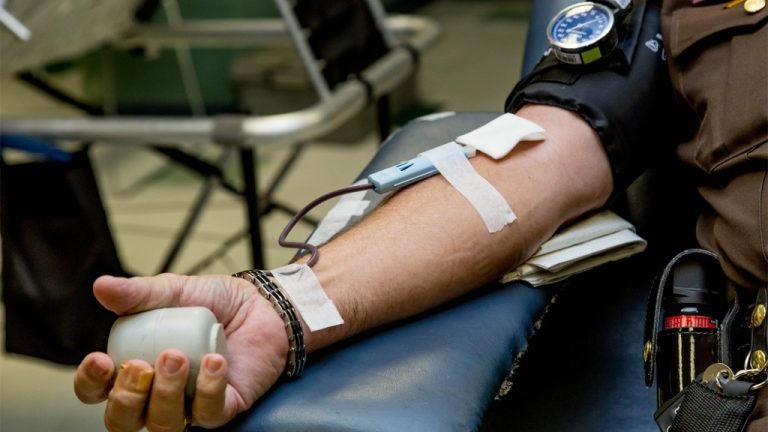The introduction of smartphone is a revolutionary invention in mobile history, but its increasing use has started showing the negative consequences. Smartphone overuse can be a sign of Smartphone addiction and can affect both social and health aspects of users’ lives.Adolescents may develop problematic behaviors, somatic symptoms, attention deficits, and aggression.
WhatsApp application is utilized by almost everyone using smartphone. Its free facility to exchange text, photos, videos, forward jokes, and other information has resulted in excessive use. The impact may cause users to lose the real world interest; their entire emotion may remain restricted to the App. The loss of control, serious interference in everyday life (at school or work) and a constant dependence are some of the symptoms to identify people with WhatsApp dependence.
Borderline personality disorder (BPD) characteristics such as feeling of emptiness, getting bored easily, unstable self-image increase the proneness for WhatsApp addiction as these people may use mobile more often to stay in touch with more number of persons. Studies have found that dependent internet users rank high in terms of the feeling of loneliness, affective disorders, low self-esteem, and impulsive behavior.
A 27-year-old female was presented with history of suicidal attempt by hanging. History revealed interpersonal conflict with husband that resulted in self-harm attempt. The patient agreed that her attempt was to threaten the husband with no intention to die. There were multiple such threats and attempts in past. There was also a history of unstable mood and relations with friends, easy irritability, poor impulse control, and polarized thinking from adolescent period as per the patient’s parents. The patient was diagnosed with BPD and started on mood stabilizer (sodium valproate and escitalopram) for impulsivity and depressed mood along with psychotherapy to help her in anger management, improve coping styles, and stress management. Psychoeducation and counseling was done for husband.
The patient was under remission and on treatment for 2 years when husband noticed her spending more time on mobile phone compared to before with increase in the time spent on mobile with every passing day. Patient found sleeping late at night and remains chatting on WhatsApp with friends and relatives with no specific topic discussion. There was increased frequency of recharge of internet pack and sending 200–300 messages per day, sometimes even more. Patient expressed that because of high curiosity she used to check her mobile for every single message that arrives even at night which resulted in disturbed sleep and fatigability in morning hours. Patient needed mobile even while doing household chores and would take it to washroom also to check and read the messages and answer back immediately.
She tried to cut down her WhatsApp use by keeping the mobile off, blocking numbers of few friends, uninstall the WhatsApp application but could not sustain. Slowly she lost interest in other activities such as social meetings and gathering and spending time with neighbors which she used to do before. She was less concerned about the care of children and their studies. There was an increase in the irritability, and she would shout on those disturbing her while chatting. There was an impaired functioning. Sometimes she would lie and make excuses regarding WhatsApp use. There were repeated altercations and fights between husband and wife and when husband requested to stop the mobile use she threatened him about ending her life. Patient had insight into her helplessness without WhatsApp use and accepted that it was a problematic behavior but could not restrict herself. There was no history of organic antecedents, psychotic symptoms, symptoms of other addictions, features of obsessive compulsive disorder though guilt feelings about the behavior were present. Patient was clinically diagnosed as WhatsApp addiction with BPD.
In this case, patient was spending increasing time on WhatsApp with a compromise of household duties, and when tried to stop the WhatsApp use, she had a craving. She tried to restrict herself but could not sustain. All this resulted in poor functioning and interpersonal problems in family. This type of symptoms syndrome is similar to any type of addiction. Internet overuse has high correlation to increased social isolation, low self-esteem,aggression and impulsive behaviors. This can be applicable to WhatsApp addiction too as this case is.
Thus, WhatsApp addiction may emerge as one of the important behavioral addictions having numerous negative consequences. BPD can be a risk factor to develop WhatsApp addiction. Simultaneous occurrence of these two disorders can be a therapeutic challenge for the psychiatrists.






